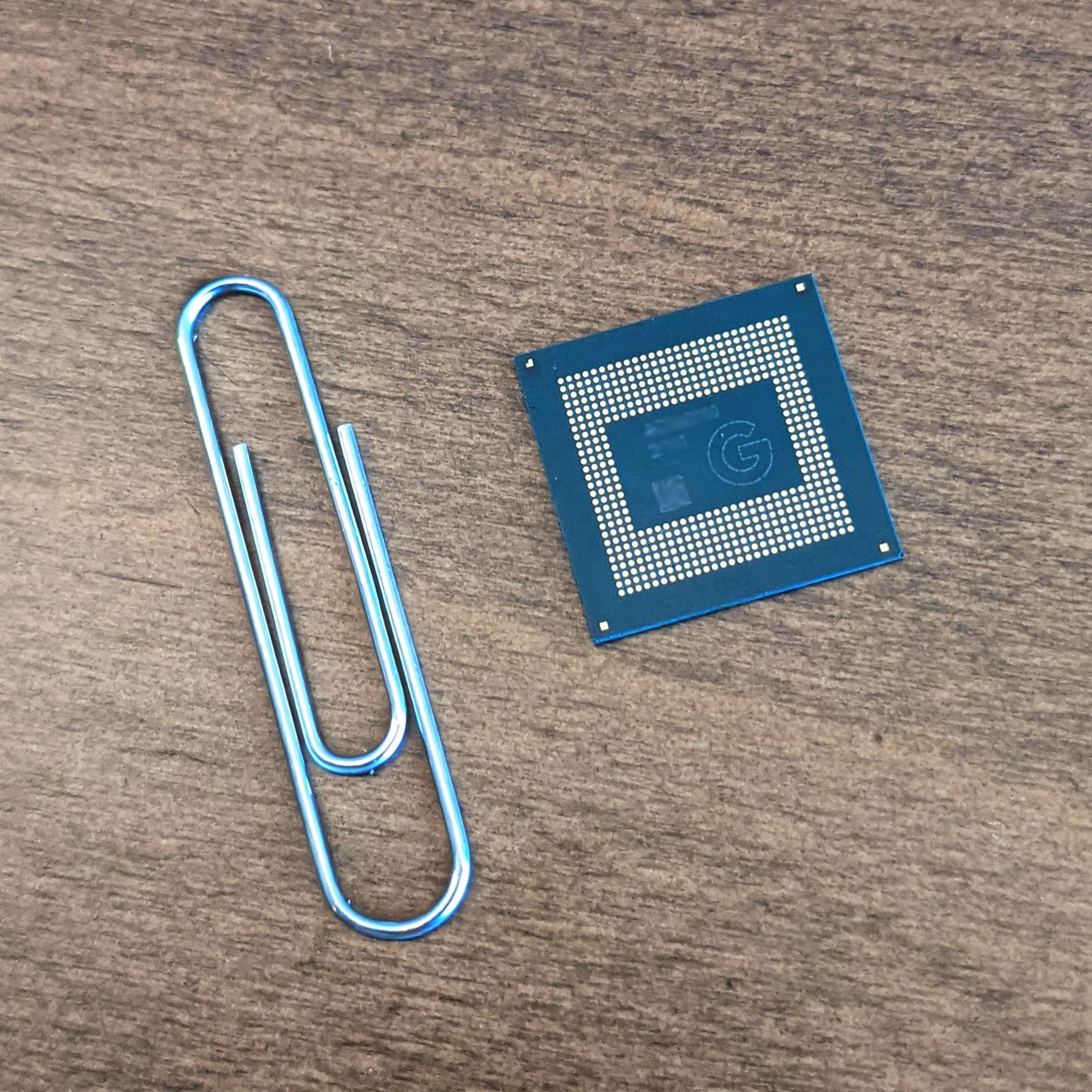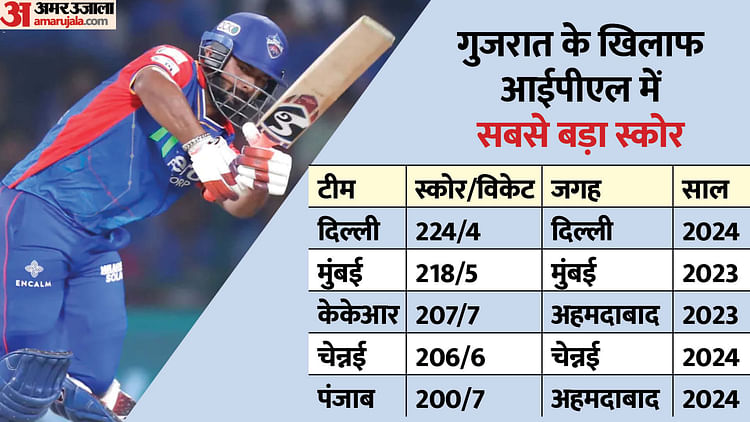The Pixel phones needed a ‘wow’ factor
Yes, Pixel phones have great cameras — arguably the best you will find — but still, people haven’t been falling over each other to buy them. Google doesn’t make a splash as Samsung does about its premium phones. Or it doesn’t command the ‘loyalty’ that Apple does with its iPhone. Heck, even OnePlus has a bigger fan following and it just started operating in the premium smartphone race.
The Tensor chipset is likely to give Google an edge. “Tensor enables us to make the Google phones we’ve always envisioned — phones that keep getting better, while tapping the most powerful parts of Google, all in a highly personalised experience,” said Rick Osterloh, vice president, devices and services, Google.
We are still not sure how the Tensor chipset will perform. But from what Google has highlighted — AI and machine learning — we can expect it to have something different from other Pixel phones from the past. That is something Google needed to show that it is serious about hardware.
Tensor is all about AI and machine learning
For all its hardware shortcomings, Google excels when it comes to AI and machine learning. Look at its bouquet of services and you will realise that very few companies can match Google’s AI and ML capabilities. “As more and more features are powered by AI and ML, it’s not simply about adding more computing resources, it’s about using that ML to unlock specific experiences for our Pixel users,” explained Osterloh in the blog.

When hardware meets software
The iPhone has been a roaring success for Apple because of a multitude of reasons. But one of the biggest factors is that Apple controls both the software and the hardware. So Apple may not give headline-grabbing features (here’s looking you 90Hz or 120Hz refresh rate in displays) but it manages to blend the hardware and software cleverly that one overlooks them. Google has that opportunity now to do that with the Pixel 6 and Pixel 6 Pro with Tensor. The chipset is at the heart of everything a smartphone does and by having its own, Google can control the camera, battery and other features without relying on a third party like Qualcomm.
Pixel phones: More than just a camera
The only time Pixel actually pops up in smartphone conversations is when one talks about the camera. Design? No Pixel. Looks? Better look elsewhere. Perhaps it’s harsh on Google as it’s taken for granted that Pixel cameras will be great. But that also takes away focus from other features — something that the Tensor chipset will ensure doesn’t happen. It also helps that the Pixel 6 phones look quite a treat in the images shared by Google. Google Pixel phones needed to pivot from cameras to something else to be spoken about and the Tensor chipset could very well be that factor. Tensor gives Google a chance to change the narrative about its hardware and it finally could once and all lay rest to allegations about the lack of seriousness on its part.







More News
OnePlus Nord CE 4 to launch in India on April 1: Here’s what the smartphone will offer – Times of India
Xiaomi 14 series is now available in India: Sale, pre-booking and more – Times of India
Kiren Rijiju: Why Earth Sciences minister Rijiju is upset with this European IT company | – Times of India